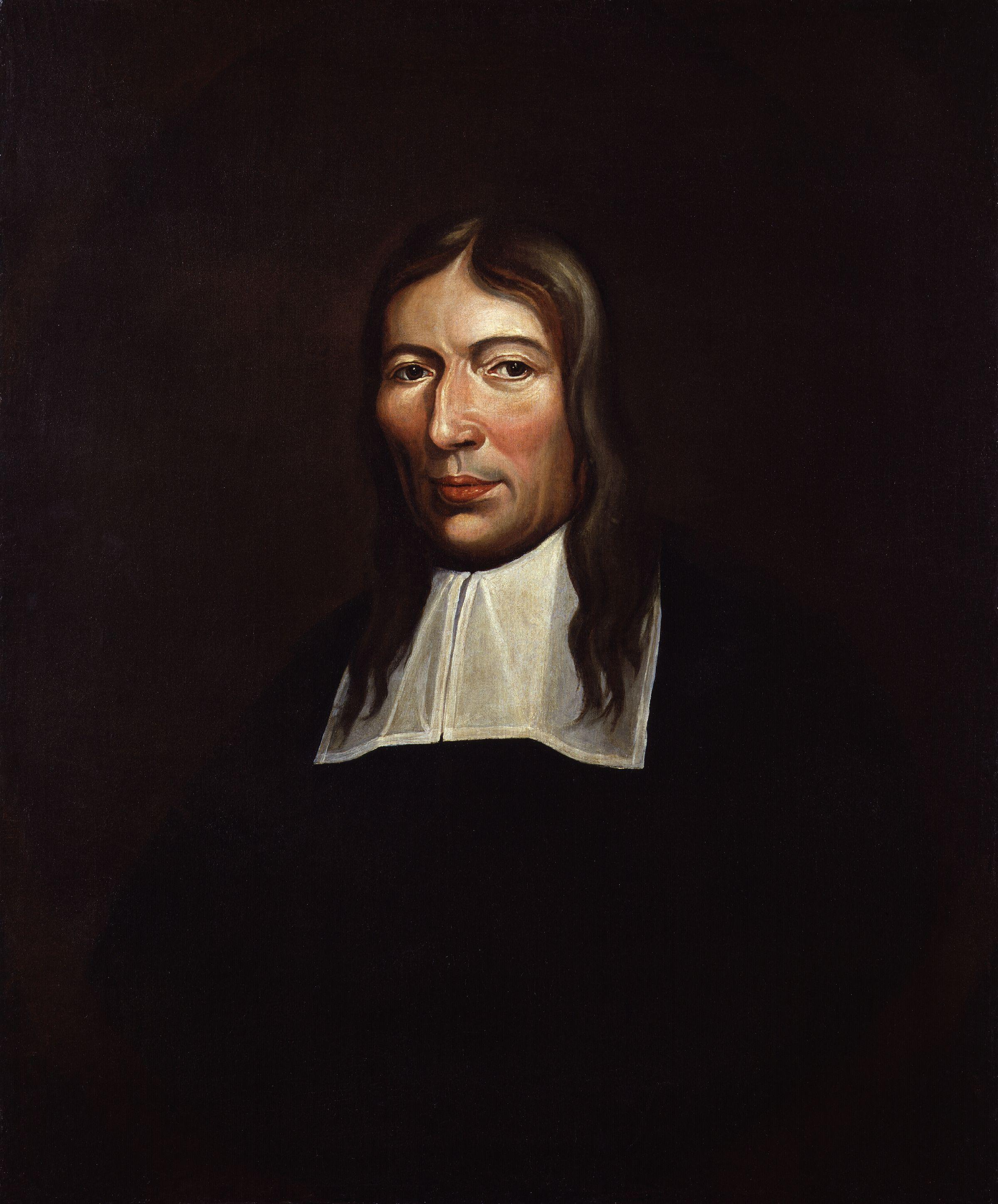Before discussing Muggletonians, dissent, and public opinion in the Restoration period, I thought it would be helpful to discuss my process to date. Helpful to me, that is, as I am hoping this opportunity will allow me to better gather my thoughts before I take another run at writing my paper.
I say "another run" because I've written three drafts to date, and largely discarded the lot. In each instance, the primary problem was length: there was no way to keep either attempt within the prescribed limit of eight to ten pages. My initial questions involved dissent in general in Restoration London. After a week or two of research, however, it became apparent that this was too large a topic for the assignment. The next attempts examined opinions of dissent - that is to say, what people thought about dissent and dissenters. I hoped that would be a tighter topic. It was, but, unfortunately, it was still too broad a topic for a ten page paper.
Ten double-spaced pages is not much room to develop an argument on any subject, much less one as intriguing and rich as religious nonconformity during the Restoration; I will likely write much more than that in developing this blog. After a lot of authorial soul searching, I realized that I would have to reduce my topic to the tightest possible focus - yet one that would remain interesting. That interest would primarily be mine, of course, but I would also like the end product to at least be an enjoyable and elucidating read for anyone who might go to the trouble, Professor Nice included.
It was with no small amount of angst that I mulled over my project and what might be done to make it conform to the rubric. Ironically, I ended up going back to where I started, or at least in part. It was
Muggleton's trial at the Old Bailey in 1677 that led me to research religion during the Restoration, and it is to Muggleton's trial I shall return.
My plan is this: examine dissent, and views thereof, from the context of Muggleton's trial. Blessed with several primary sources, it is possible to extract multiple views on nonconformism from this one event. There is the record left by the
Proceedings, a decidedly anti-dissenting perspective. Likewise the pamphlets almost-anonymously written by
B. H. and
J. B., both of whom saw Lodowick Muggleton as heretical and anti-social. On the other side is a
pro-Muggleton eyewitness, and Lodowick himself, who uses roughly 25% of the pages of his
autobiography on the trial and related events, a clear indication of the importance of the event to a man who lived to be almost 90. These five sources provide a multifaceted view of an event that was in some way representative of the chaos of contemporary London religious life. Equally important to my research and discussion are the
trials of those accused during the Popish Plot, contemporary literary works such as
Pepys's diary, Pagitt's
Heresiography, and
Hudibras, as well as inter-non-conformist dialogues such as those between the
Muggletonians and
Quakers. All of these primary sources - and others - discuss nonconformism from contemporary perspectives.
Of course, a plan is not a thesis. It has been my habit - in the past - to "back into" a thesis. This has not been due to laziness; research papers of fifty to one-hundred-plus pages have been the standard for my undergraduate work - admittedly an output of production as much a product of typing acumen as research ability. For me, writing is as much a learning process as reading and study, and often I find that writing about a subject helps me to develop my thoughts and hence my argument. The drawback to this approach is that it tends to push me towards chronological writing in lieu of historical argumentation. That is not acceptable on this project, nor will it be going forward in my academic career. To use a colloquialism, it is time to step up.
With this new-found strength of conviction as a fledgling historian, I hereby lay down my thesis as follows:
Lodowick Muggleton's trial, conviction, and sentencing in 1677 is more a reflection of the confused and conflicting nature of public opinion on dissent and dissenters, than it was the enforcement of any codified laws. This trial, juxtaposed to other contemporary events, reflects the unsettled, chaotic, and amorphous nature of London's religious life during the Restoration.
Alright. I hope that does the trick, because I will be starting work on Draft No. 4 tomorrow morning around 6:00 AM,
Cheers!
- Rod
